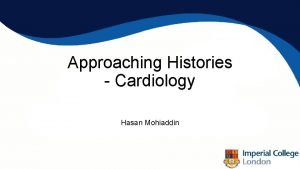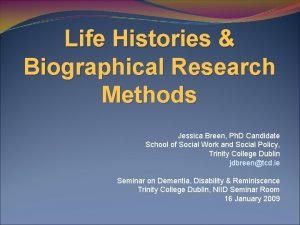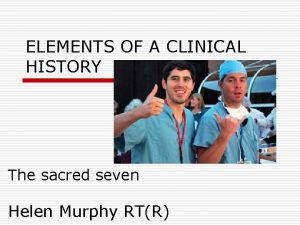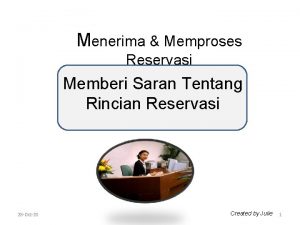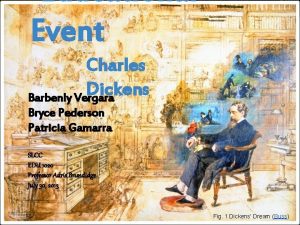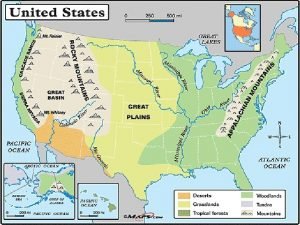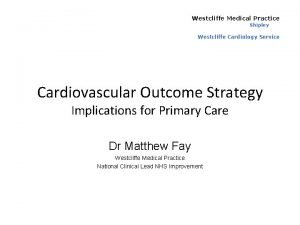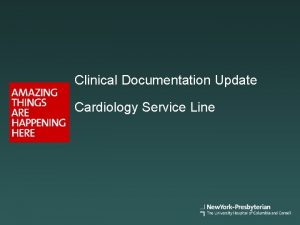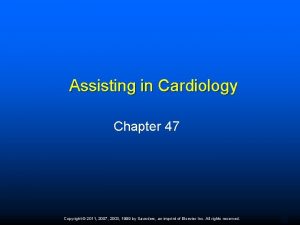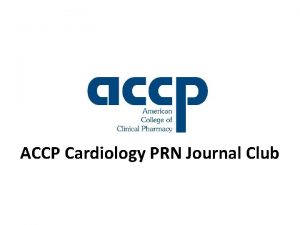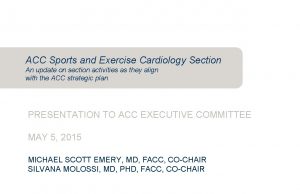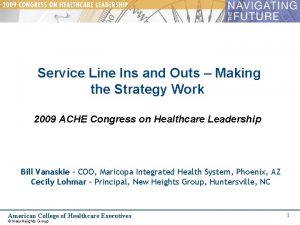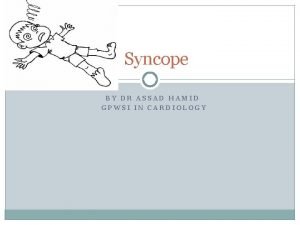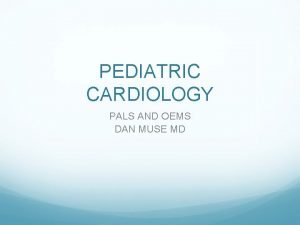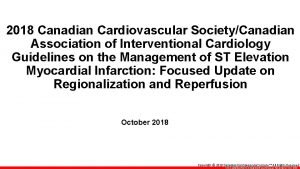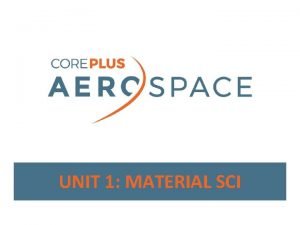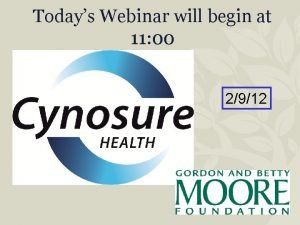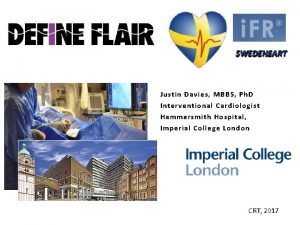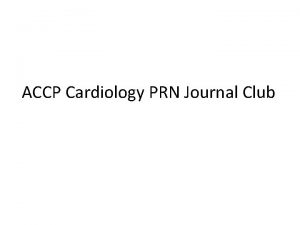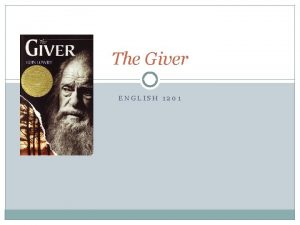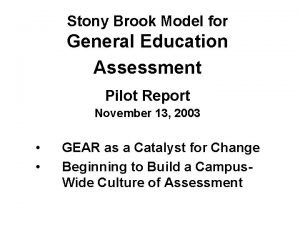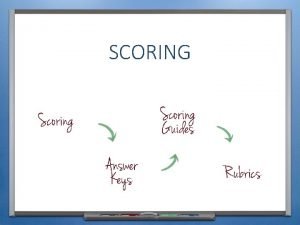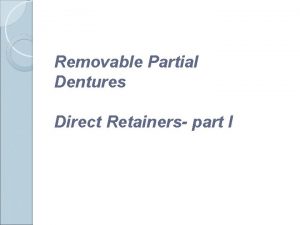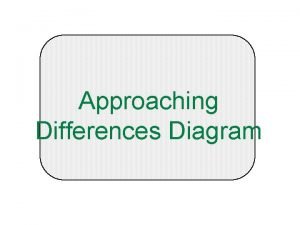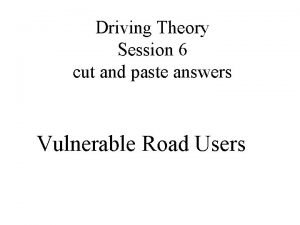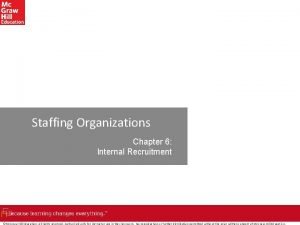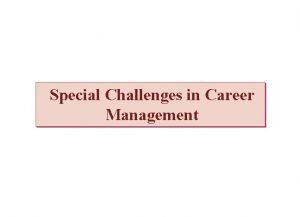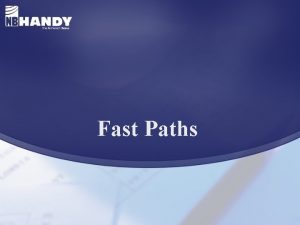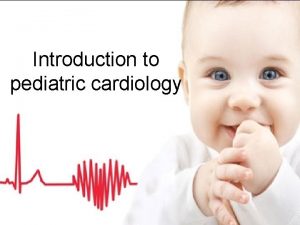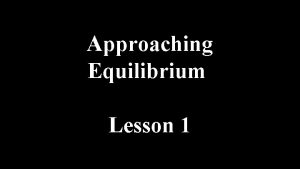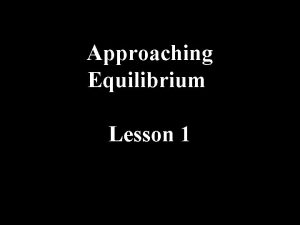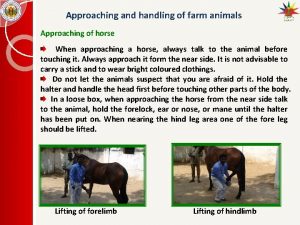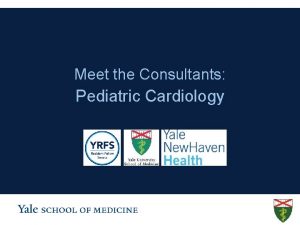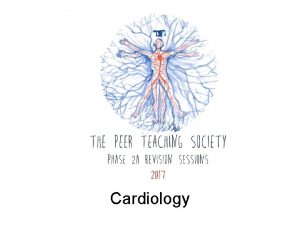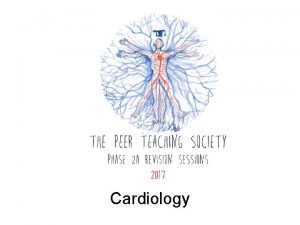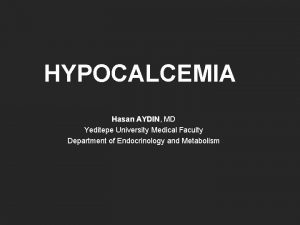Approaching Histories Cardiology Hasan Mohiaddin Introduction Different paths







































- Slides: 39

Approaching Histories - Cardiology Hasan Mohiaddin

Introduction • Different paths, same destination • Importance of Histories • Open environment

Background: Causes of Chest Pain – 2 mins

Coronary artery disease (male) Asthma (teen and adult) Costochondritis Generalized anxiety disorder Heart rhythm disorder Muscle strain Panic attack Peptic ulcer Pleurisy Broken (fractured) rib(s) Rheumatic fever Anemia Aortic regurgitation Aortic stenosis Atrial fibrillation Atrial flutter Porphyria Pulmonary embolism Pulmonary fibrosis Pulmonary hypertension Supraventricular tachycardia Thalassemia Thyroid storm Tuberculosis Vertebral compression fracture (thoracic) Barrett esophagus Radiation sickness Shingles (herpes zoster) Bronchial adenoma Congestive heart failure Cryptococcosis Dermatomyositis Drug overdose Esophagitis Heart attack (male) Hernia Histoplasmosis Lung cancer (non small cell) Lung cancer (small cell) Lupus (systemic lupus erythematosus) Mastitis (infectious) Osteomyelitis (bone infection) Pericarditis Pleural effusion

Thinking About Chest Pain - Systems • Cardiac • Respiratory • Gastro • Musculoskeletal

Thinking About Chest Pain • Cardiac • • Ischemic Heart Disease: Stable angina, Acute Coronary Syndrome (unstable angina, NSTEMI, STEMI) Aortic Stenosis Aortic Dissection Pericarditis/ Myocarditis • Respiratory • • Pulmonary Embolism Pneumothorax Pneumonia Lung Cancer • Gastro • Peptic Ulcer Disease • Gastritis • Reflux Disease • Musculoskeletal • Trauma • Costochondritis

How do we incorporate this in our history?

Before that – What do we want? • A template you can use for every presenting complaint • Thorough, covering relevant causes and what’s on mark scheme • <10 mins

The formalities (quick) • Intro - The same for every station. Short. Polite • First question for every history ?

Template in the context of chest pain

• History of Presenting Complaint • • • Past Medical History Drug History Family History Social History Integrate ideas, concerns and expectations and Interim Summary

• History of Presenting Complaint 1. Characterize the problem (Symptom) 2. Associated Symptoms (System) 3. Differentials/ Risk Factors • Past Medical History • Drug History • Family History • Social History

Characterize the symptom • SOCRATES

Characterize the symptom • Variation of the Devz method of history taking • https: //www. youtube. com/watch? v=ACez 7 a. JZs. ZM

Characterize the symptom • What • Where • When • How (QLOB) • What makes it better • What makes it worse • Has it happened before?

Pain • What is the pain like (in your own words)? • Where is the pain? Does it move anywhere? • When did it Start? • How (QLOB) • • Quickly does it come one? Long does it Last? Often does it come on ? Bad is the pain 1 -10? • What makes it better? • What makes it worse? • Has it happened before?

Interim Summary • Usually there is a mark for this on Imperial Mark Scheme • Having one early on (i. e. at the end of characterising the symptom) makes your summary quicker and easy to remember

Go back two slides and do it for a different presentation

What makes it better? • Usually I gloss over this • But for chest pain history you could ask if they use a spray (although I like to cover this later when I ask if they’ve had the problem before and whether they were given a spray and if it worked)

What makes it worse? (Easier for patients to recall) • For a Chest Pain History; This is your time to SHINE!

What makes it worse? • Cardio • Exercise? If yes CHARACTERIZE HOW MUCH? At rest? • Niche – Lying flat? Pericarditis • Resp • Breathing in? • GI • When you eat? • Musc • Tender touch?

Has It happened before? • Very effective question • Not covered in SOCRATES

2. Associated symptoms • Relevant systems review. • Amazing way of covering a variety of causes in any history (you may not even realize you have done it!) • You should have an easy to remember list for each system: Neuro, Abdo, Cardio, Resp. • Cardio: 2 P’s 4 S’s • Pain, Palpitations, SOB (shortness of breath and IF YES CHARACTERISE ), Syncope (Fainting), Swelling, Sweating • Also do FLAWS for every history: Rules out many things (usually serious)

• Cardio: 2 P’s 4 S’s • Pain, Palpitations, SOB (shortness of breath), Syncope (Fainting), Swelling, Sweating • FLAWS • YOU MUST SIGNPOST YOU ARE ABOUT TO DO THIS!!!!!!

Now you should have an idea of what’s going on • You need time to think • The patient may also have some useful information. • Perfect time to use ICE

ICE and Empathy – ‘I sound like a robot’

The Human Psyche • When you ask ICE (especially concerns), the patient (bravely, in my opinion) opens up to you • Acknowledge what they have said ‘ I understand why that might be a concern of yours’ • Reassure them, don’t lie though. If their worries are like to be true ‘I just want to reassure you we are going to do everything we can to get to the bottom of what’s going on here’ • If their worries are not likely you can say ‘I just want to reassure you there are plenty of other causes of headaches that aren’t brain cancer’ • The way you say this is very important (eye contact too)

Life lesson • If someone opens up to you; • Acknowledge what they have said + Reassure them

Examples of ICE questions • • E. g. I just wanted to gather, what do you think might be causing this? Let the patient speak (use time to think about differentials) Any thing worrying? What were you hoping to get out of today

Differential Diagnosis / Risk factors • This part separates the men from the boys, • Gives history flexibility and thoroughness • Pick 1 or 2 likely causes and specifically confirm them or rule them out: • E. g. Ischemic heart disease likely: RISK FACTORS! Smoker? HTN? High cholesterol? Diabetes?

Ddx and Risk factors • Peptic ulcer disease likely: Do you have heartburn? ((Aspirin? )) • Pulmonary Embolism likely : Recent travel, Surgery • Broken rib likely : Recent trauma

Past Medical History • How has your health been in the past? • Ever been admitted to hospital? Any surgeries • Do you see your GP for anything? Etc. etc.

Drug History (a. k. a The Real Past Medical History) • Are you on any medications? • Over the counter (aspirin, paracetamol)? Oral contraceptive pill (if woman) (OTC, OCP) • Allergies? • Have triggers for your memory: I know that when I ask about allergies I need to move on to family history • Also when I ask about Night Sweats, I should ask about ICE

Family History • Anyone in your family have this problem? Heart problems? • For MI did they die? What age?

Social History – quite important • Who’s with you at home? • What do you do for a living? • Are you able to cope? With your symptoms? • Travel? • (Smoking) • Alcohol • Drugs

Palpitations • What does it feel like? Tap it out • Where- NA • When did it start? • How Quick-NA Long does it last? Often do you get them? Bad. NA • What makes it better? • What makes it worse? When you drink energy drinks? Alcohol • Has it happened before?

• Associated symptoms: Cardio: Pain, S. O. B, Syncope, Swelling, Sweating, FLAWS • ICE • Ddx: Hyperthyroidism? Tremor, Weight-loss, Diarrhoea • Pheo? Anexiety feelings • Alcohol induced AF? Drinking? • Anxiety? Ask about it • PMH the same • DH the same • FH the same • SH the same

Thank the patient! (You)

Thank the audience (me)
 Hasan mohiaddin
Hasan mohiaddin Life histories and biographical research
Life histories and biographical research Seven sacred anamnesis
Seven sacred anamnesis Reservation histories adalah
Reservation histories adalah Charles dickens song horrible histories
Charles dickens song horrible histories Students caught in mystifying case
Students caught in mystifying case North america, family histories, 1500-2000
North america, family histories, 1500-2000 Westcliffe medical centre
Westcliffe medical centre Clinical documentation improvement for cardiology
Clinical documentation improvement for cardiology Cardiology procedures chapter 47
Cardiology procedures chapter 47 Accp cardiology prn
Accp cardiology prn Acc sports cardiology
Acc sports cardiology Cardiology service line management
Cardiology service line management Gpwsi cardiology
Gpwsi cardiology Muse cardiology
Muse cardiology Elias hanna md
Elias hanna md Craig ainsworth cardiology
Craig ainsworth cardiology Hall-garcia cardiology associates
Hall-garcia cardiology associates Enloe cardiology
Enloe cardiology Justin davies md
Justin davies md Structured reporting cardiology
Structured reporting cardiology Accp cardiology prn journal club
Accp cardiology prn journal club Summary great gatsby chapter 8
Summary great gatsby chapter 8 The giver introduction
The giver introduction Approaching meeting exceeding
Approaching meeting exceeding Exceeding meeting approaching
Exceeding meeting approaching Tissue ward movement
Tissue ward movement Ring clasp indication
Ring clasp indication Entry posture diagram
Entry posture diagram In daylight an approaching motorcyclist
In daylight an approaching motorcyclist Approaching vehicle audible system
Approaching vehicle audible system A martian lander is approaching the surface
A martian lander is approaching the surface The sound of the approaching grain teams
The sound of the approaching grain teams Extra coronal retainer
Extra coronal retainer Internal recruitment definition
Internal recruitment definition Dual career path
Dual career path Algorithm definition
Algorithm definition Sherry hamby
Sherry hamby Horticulture careers list
Horticulture careers list Undirected
Undirected
